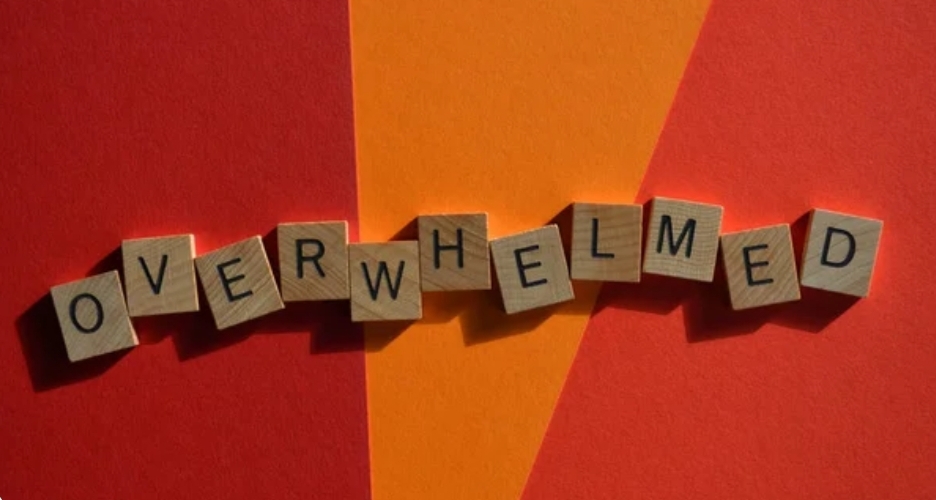
In a world brimming with untapped potential, the mind serves as our greatest tool for attracting possibilities. The notion of attracting opportunities is not merely wishful thinking; it’s based on the interplay between our thoughts, beliefs, and actions. By understanding how to harness the power of our minds, we can consciously shape our reality and open ourselves up to a universe of possibilities.
The Power of Thoughts
At the core of attracting possibilities lies the understanding that our thoughts are not just fleeting moments; they are powerful forces that shape our experiences. The law of attraction suggests that positive thoughts can lead to positive outcomes. When we focus on what we want rather than what we fear, we create a mental environment ripe for opportunities to flourish.
Visualization: The First Step
One effective way to activate the law of attraction is through visualization. This practice involves creating a vivid mental picture of your desired outcome. Athletes, performers, and successful individuals often use this technique to enhance their performance and achieve their goals. By visualizing success, you send a clear intention to the universe, aligning your subconscious mind with your aspirations.
Affirmations: Reprogramming Beliefs
Affirmations are another powerful tool for attracting possibilities. By consistently repeating positive statements about yourself and your goals, you can reprogram your subconscious mind to believe in your potential. This shift in mindset can create a magnetic effect, drawing opportunities that resonate with your new beliefs toward you.
Mindfulness: Staying Present
While visualization and affirmations are potent strategies, mindfulness is equally crucial in the process of attracting possibilities. Being present in the moment allows you to recognize opportunities as they arise. When you are distracted or preoccupied with worry, you may overlook chances that could lead to growth and fulfillment. Practicing mindfulness encourages clarity and awareness, enabling you to seize the moment.
Gratitude: A Positive Force
Gratitude is a transformative practice that can significantly enhance your ability to attract possibilities. When you cultivate gratitude for what you have, you shift your focus from lack to abundance. This positive energy radiates outward, making you more receptive to new experiences and opportunities. Simple practices, such as maintaining a gratitude journal or reflecting on three things you are thankful for each day, can profoundly impact your mindset.
Taking Inspired Action
Attracting possibilities requires more than just think-and-wait strategies. It’s essential to complement your mental efforts with inspired action. When opportunities present themselves, take proactive steps to engage with them. This might mean networking, pursuing new skills, or stepping out of your comfort zone. When your mindset aligns with your actions, you create a powerful synergy that can propel you toward your desired outcomes.
The Role of Resilience
As you embark on the journey of attracting possibilities, it is crucial to recognize that challenges and setbacks are a natural part of the process. Resilience plays a pivotal role in overcoming obstacles while keeping your focus on your goals. Instead of viewing failures as roadblocks, see them as stepping stones to success. Each challenge you face is an opportunity for growth and learning, further enhancing your ability to attract future possibilities.
Cultivating a Supportive Environment
Finally, surrounding yourself with positivity and support can significantly influence your ability to attract possibilities. Seek relationships and communities that inspire and uplift you. Your environment should reflect the mindset you wish to cultivate. This support network can serve as a source of motivation, encouragement, and fresh perspectives, amplifying your capacity to identify and seize opportunities.
Conclusion: Your Mind as a Magnet
Attracting possibilities with the mind is an empowering process that involves intentional thinking, focused attention, and proactive engagement with life. Through visualization, affirmations, mindfulness, gratitude, inspired action, and resilience, you can unlock your potential and create an abundance of opportunities. Remember, the journey to attracting possibilities starts with a single thought—choose yours wisely, and watch as the universe responds in kind. The possibilities are limitless when you harness the power of your mind.









